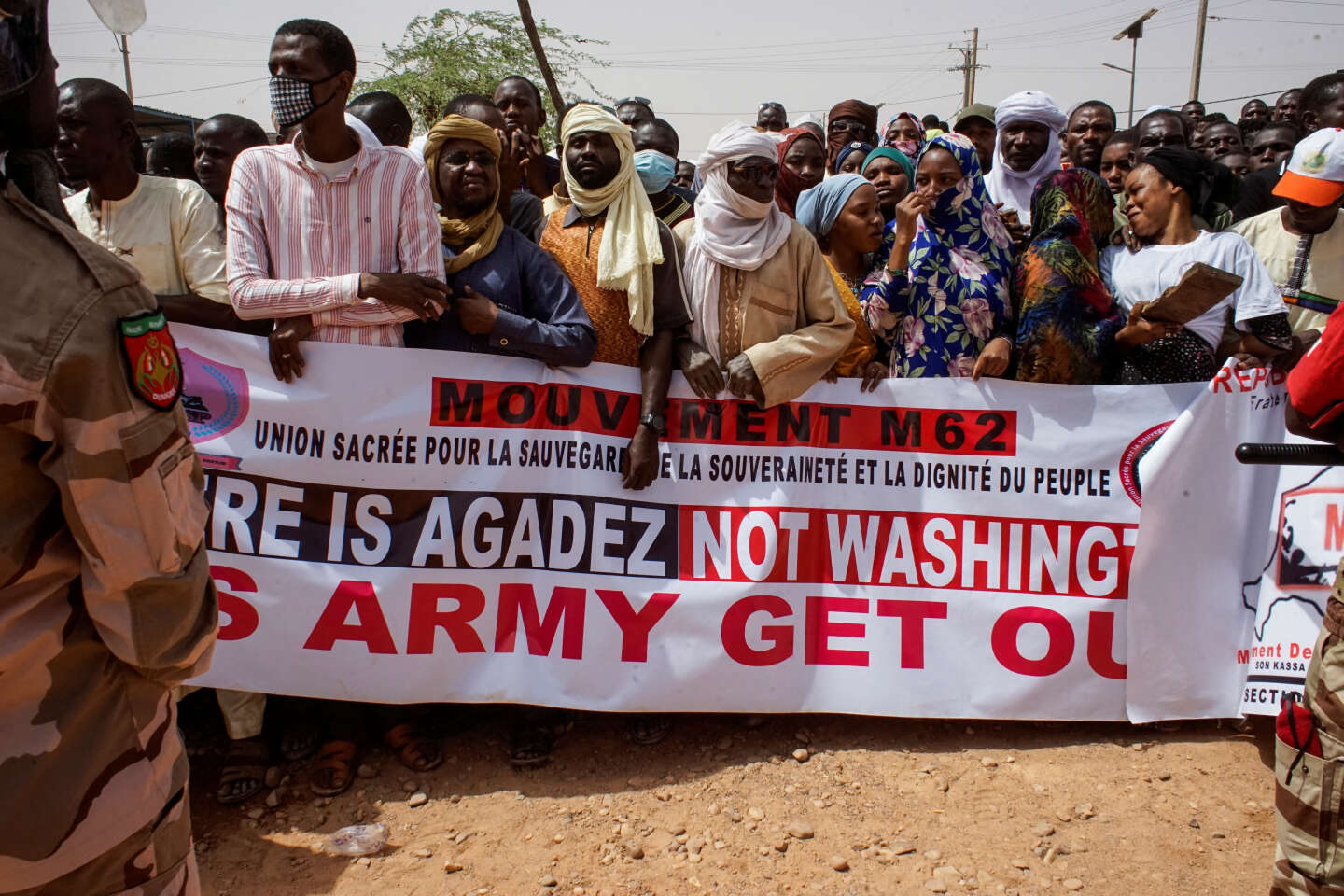


Seven months after demanding the departure of the 1,500 French troops stationed in Niger, the last of whom left the territory at the end of December 2023, it's the turn of American troops to pack up, again at the request of the ruling junta in Niamey.
The United States maintained a force of some 1,100 service members at two bases in Niger, the larger of which, at Agadez in the north of the country, served as a regional hub for drones in the fight against terrorism. Created six years ago at a cost of $110 million, this base had been essentially inactive since the July 2023 coup d'état that overthrew the democratically elected president, Mohamed Bazoum, who is still held by the junta. The French ambassador and military were expelled from Niger after the putsch, but the Americans hoped to be able to continue operating there.
This was clearly not the wish of the Kremlin, which has been strengthening its grip on the region. Visiting Niamey in March, a high-level US government delegation failed to meet the junta leader but learned through the media that Niger was terminating the cooperation agreement linking the two countries. On Friday, April 19, Nigerien Prime Minister Ali Lamine Zeine announced to Kurt Campbell, the US State Department's second-in-command, that the American contingent was no longer welcome.
Playground for foreign powers
The fate of the American base in Agadez has not yet been clarified, nor that of the several hundred German and Italian soldiers still on site. But the signal given by last week's arrival in Niamey of around a hundred Russian "instructors" from the Africa Corps, successor to the Wagner militias, was clear enough: The new military authorities who took power thanks to coups in Mali, Burkina Faso and then Niger are one after the other pledging their allegiance to Moscow and driving the West out of the Sahel. It's no coincidence that, as soon as the Russian instructors landed in Niamey, an anti-American demonstration drew several thousand people.
A Russian deputy defense minister, General Yunus-bek Yevkurov, with special responsibility for relations with the region, makes frequent visits to Sahel countries that sign military cooperation agreements with Moscow. Before going to the US, the Nigerien prime minister visited Moscow and then Tehran, where he was received by President Ebrahim Raisi. The US fears that Iran may have signed an agreement giving it access to Niger's uranium reserves.
Relations also seem uncertain in Chad, where French and American forces are holding out despite Russia's ambitions. In January, President Mahamat Déby visited Moscow, where he was received by Vladimir Putin. Despite the death of one of his opponents a few weeks ahead of the May 6 presidential election, Paris continues to give its unreserved support to the Chadian head of state, the West's last remaining ally in the region.
One thing is certain: Like Libya, this part of Africa has become a playground for foreign powers, not least Russia, which provides security for coup regimes and orchestrates massive disinformation campaigns leading to the ousting of Western forces. This is a major trend, of which Americans and Europeans have too belatedly become aware of its cost, without knowing how to respond.
